
|
IMPACT Newsletter - December 2022
|
|
|
Hello from the IMPACT project!
|
2022 was also the year where we were finally able to meet in-person following the COVID pandemic. We successfully held our first in-person project meeting in Trondheim in June, and attended the joint International Conference on Ocean Energy (ICOE) and Ocean Energy Europe (OEE) conference, where we held a side-event together with fellow Horizon-2020 project, VALID.
|
We would like to thank all project participants for their continuous hard work throughout 2022, and we hope that you all have a lovely holiday together with your loved ones.
|
Merry Christmas and Happy New Year!
|
|
|
IMPACT at Global Ocean Energy Conference
|
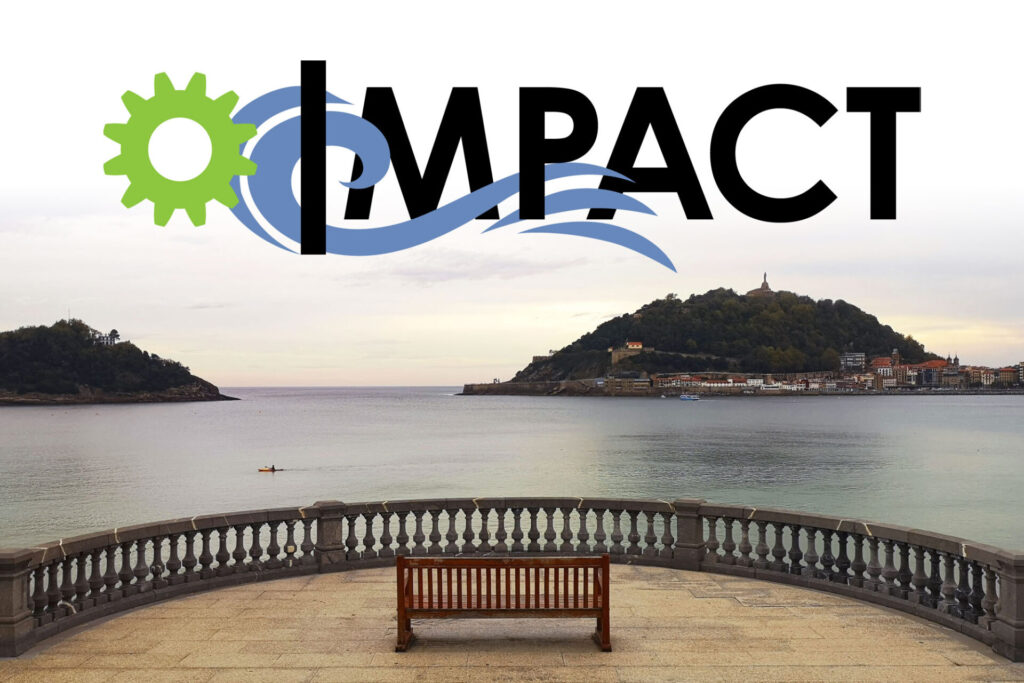
|
|
From 18–20 October, the IMPACT project attended the global ocean energy conference ICOE-OEE, where they hosted a side event together with fellow European wave energy project, VALID.
|
|
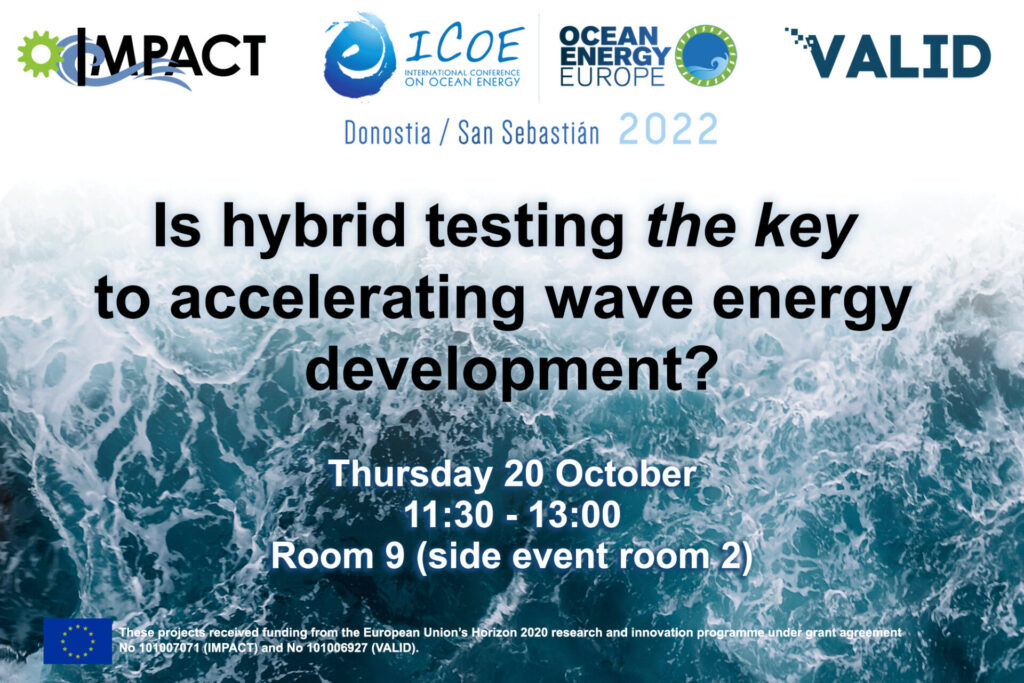
|
|
Entitled “Is hybrid testing the key to accelerating wave energy development?”, the side event provided a general introduction to hybrid testing in the wave energy sector before delving deeper into specific aspects of the two projects.
|
|
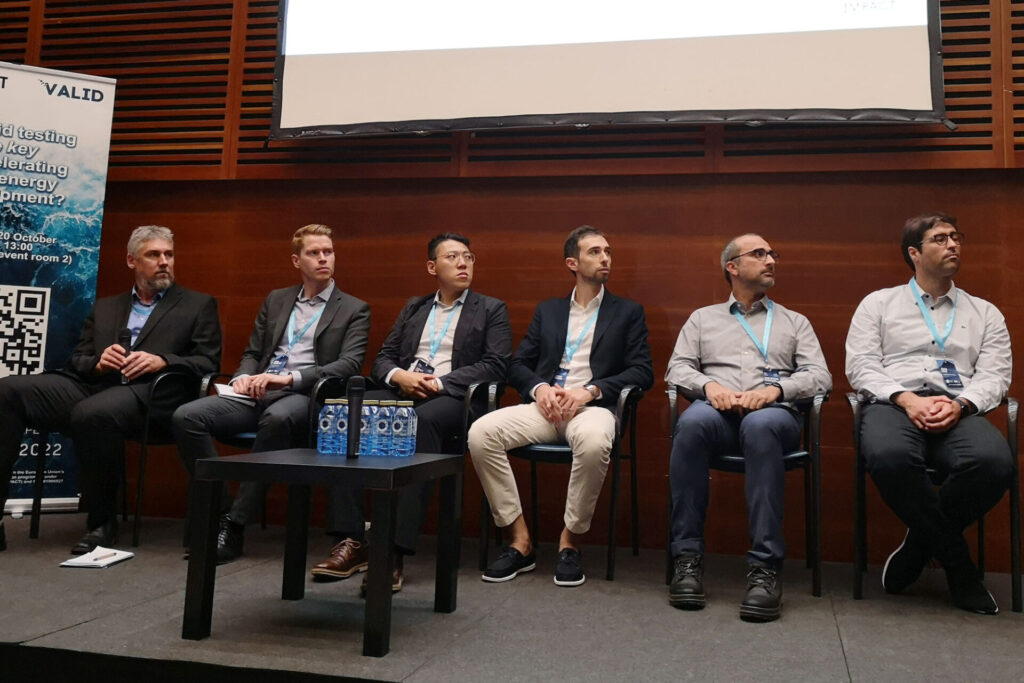
|
"It was great to attend ICOE-OEE and meet so many people working within wave and tidal energy development,” said Hans Christian Bolstad. "The ICOE-OEE conference combined with our dedicated side event was a great opportunity to discuss and promote the benefits of hybrid testing within wave energy."
|
|
|
|
|
|
Mocean Energy: Key themes emerge from leading conference on ocean energy
|
|
|
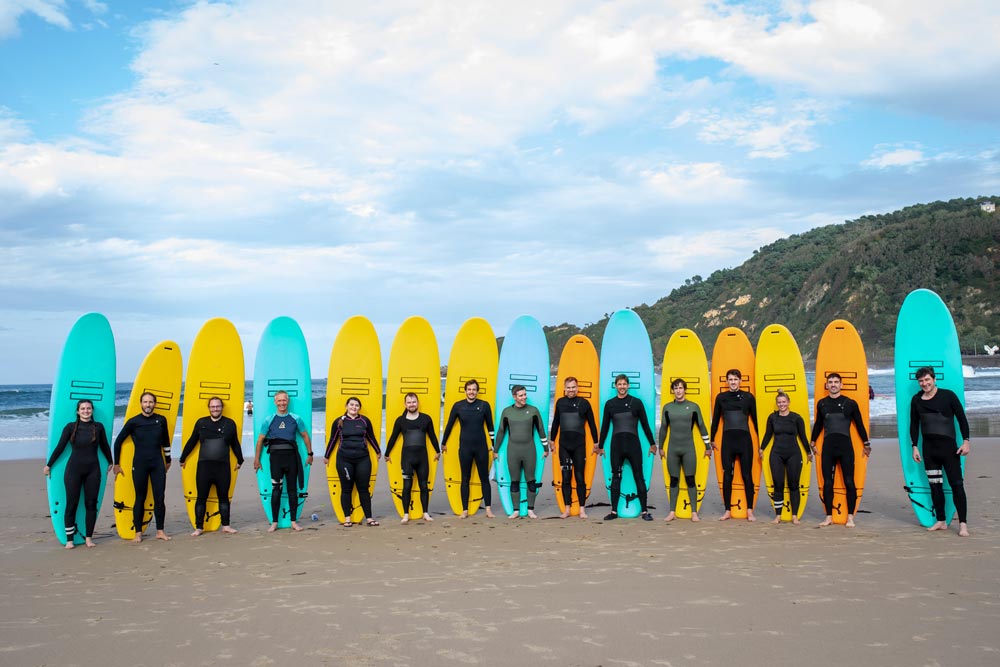
|
"Ultimately, a healthy industry requires: technology, projects, pipeline, and funding (public and private). All of these ideally need to align at the same time. So what are we missing as a sector? Not so much technology; it feels like we have cracked the ‘up to full-scale prototype’, though demonstration of WEC arrays is still a ways off. More so the latter three. We also need data. How do we get it? Two potential pathways are at-sea deployments and large-scale hybrid testing – see, for example, the IMPACT project."
|
|
|
|
IMPACT: Dual Hardware-in-the-Loop (DHIL) Testing Approach for Wave Energy Converters
|
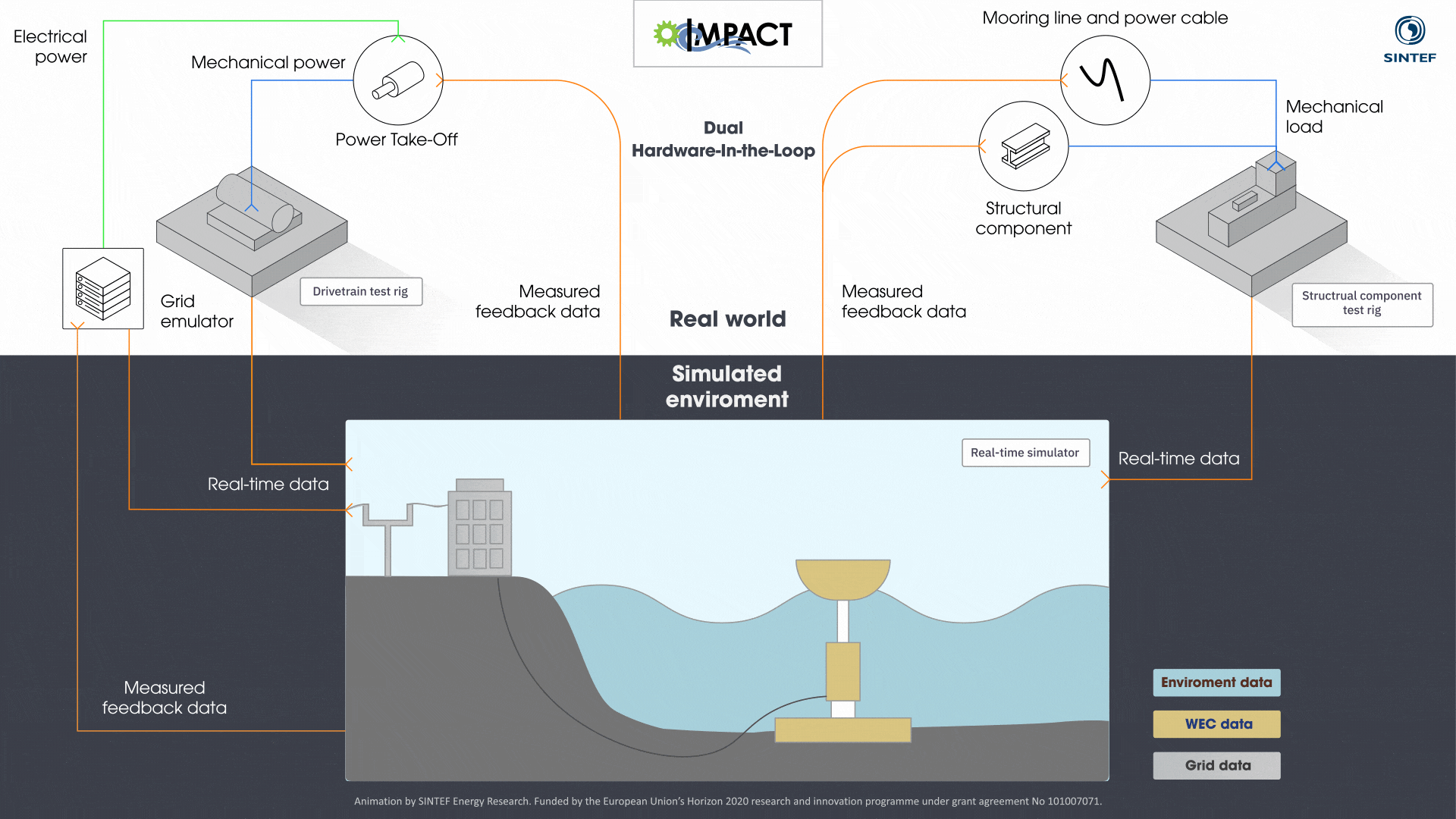
|
The ocean is a renewable energy resource with many possible ways of exploitation. In wave energy applications, the energy naturally contained in waves is converted into green electricity. To do this, we use wave energy converters (WECs). However, while WECs have developed a lot in recent years, more work is still needed for the sector to reach its full potential.
|
|
The IMPACT project aims to develop and demonstrate a new testing approach for WECs called “dual hardware-in-the-loop” (DHIL). The DHIL platform is expected to test subsystems that contribute to 75% of the Levelised Cost Of Electricity (LCOE) of a WEC, namely the main structure and power take-off system. The creation of a testing platform addressing the key subsystems of all WEC types and standardised testing procedures is therefore essential for accelerating the devices’ development and reducing their cost.
|
|
|
|
|
|
|
|
IMPACT Project Members Gather in Trondheim for Fourth Project Meeting
|
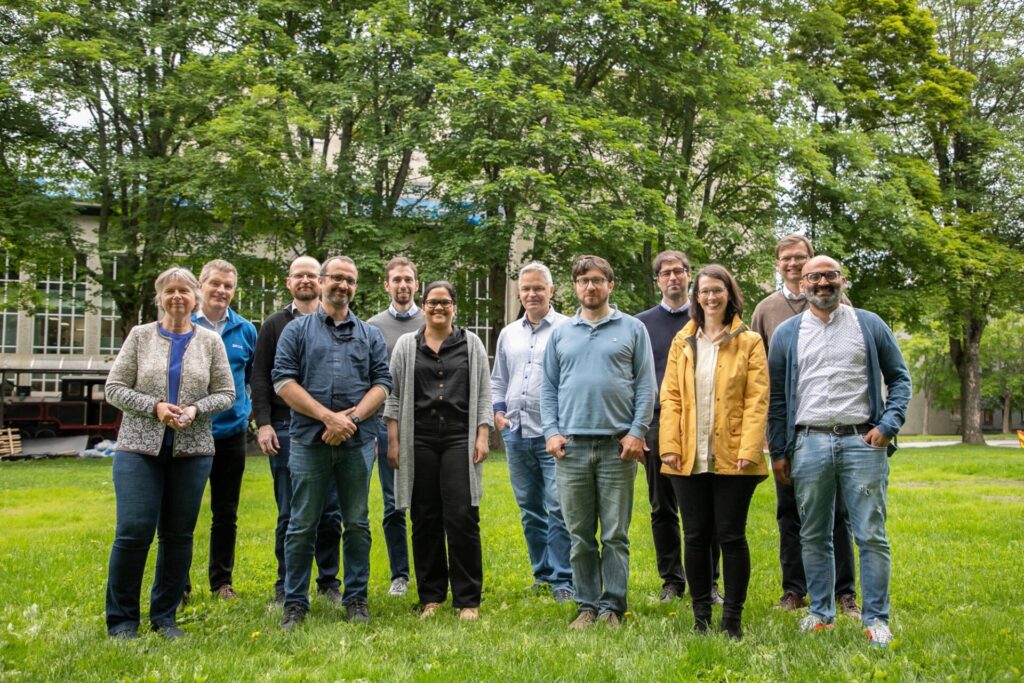
|
On 22 and 23 June 2022, the IMPACT project successfully held its fourth project meeting. While some members joined on Microsoft Teams, the majority of participants were able to travel to Trondheim, Norway.
|
“Finally, we get to have our first in-person meeting for over half the project,” said Project Coordinator Federico Gallorini in his opening comments.
|
|
|
|
Wave Energy Converters – What Fails and Why?
|
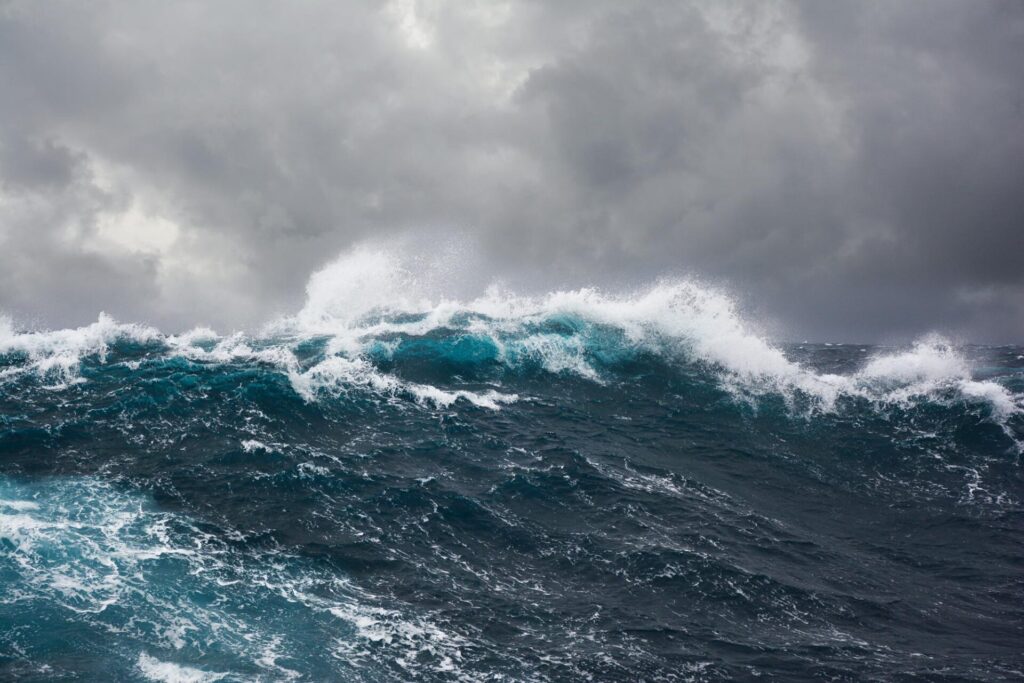
|
Wave Energy Converters are critical for combating the global climate crisis by enabling us to produce electricity from the oceans and seas. However, these devices can also impact their surrounding environments. In order to balance renewable energy development with environmental protection, more targeted research is needed on the extent of these impacts.
|
|
|
|
A Fine Balance: Developing Wave Energy Converters While Protecting the Environment
|
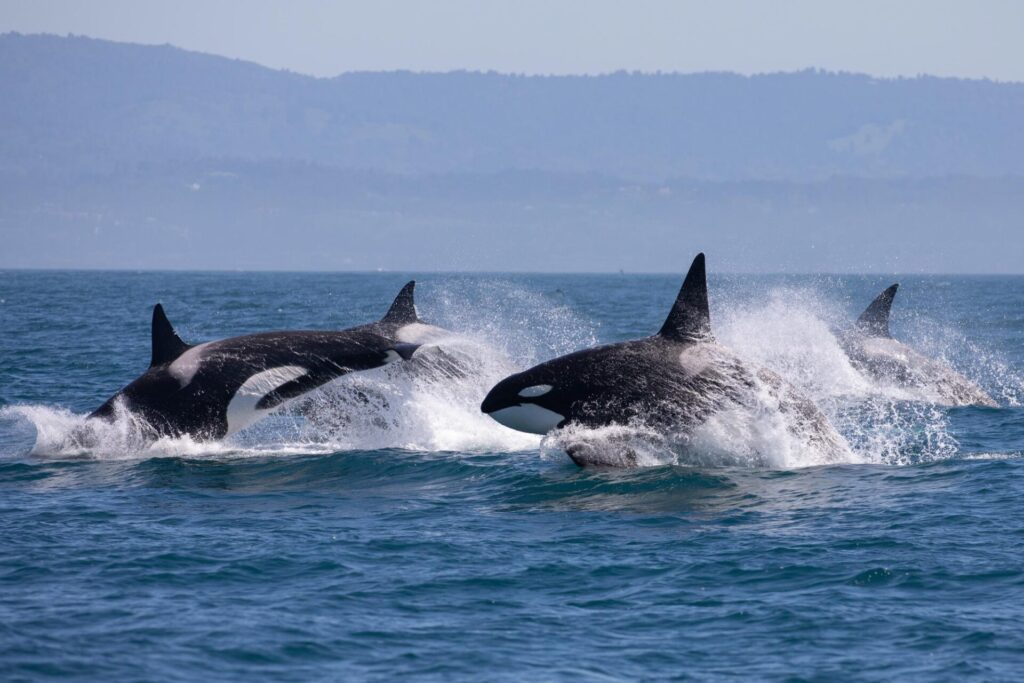
|
Wave Energy Converters are critical for combating the global climate crisis by enabling us to produce electricity from the oceans and seas. However, these devices can also impact their surrounding environments. In order to balance renewable energy development with environmental protection, more targeted research is needed on the extent of these impacts.
|
|
|
|
Follow us on LinkedIn
|
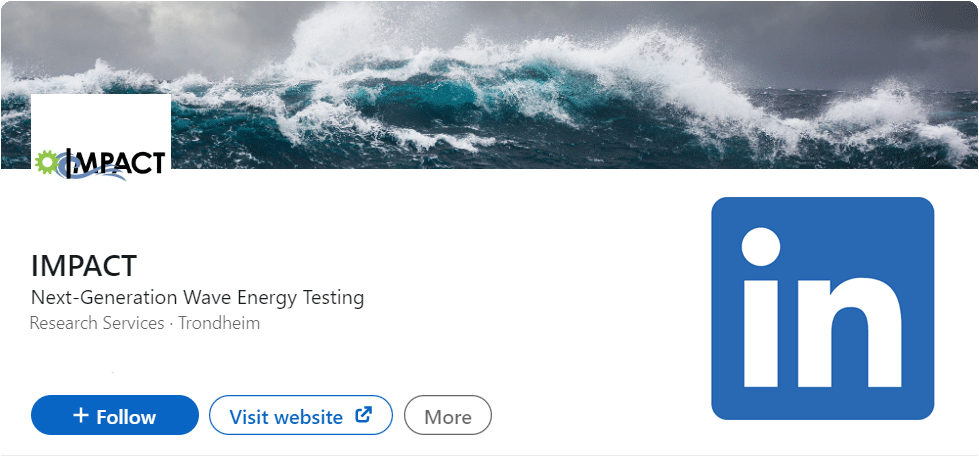
|
Get the latest news and updates from the projects directly on your LinkedIn feed by following our official page!
|
|
|
|
|
Feel free to share this copy with a colleague or friend.
|
Kind regards
Hans Christian Bolstad
Dissemination & Communication Manager
|
|
|
|
IMPACT Contacts:
|
|
|

|
|
|
  
|
|
|
|
If you wish to unsubscribe from all SINTEF-managed newsletters, click "Unsubscribe" below. If you only wish to unsubscribe from the IMPACT newsletter, click "Manage your subscription" and deselect IMPACT from the list.
|
|
|
|
|